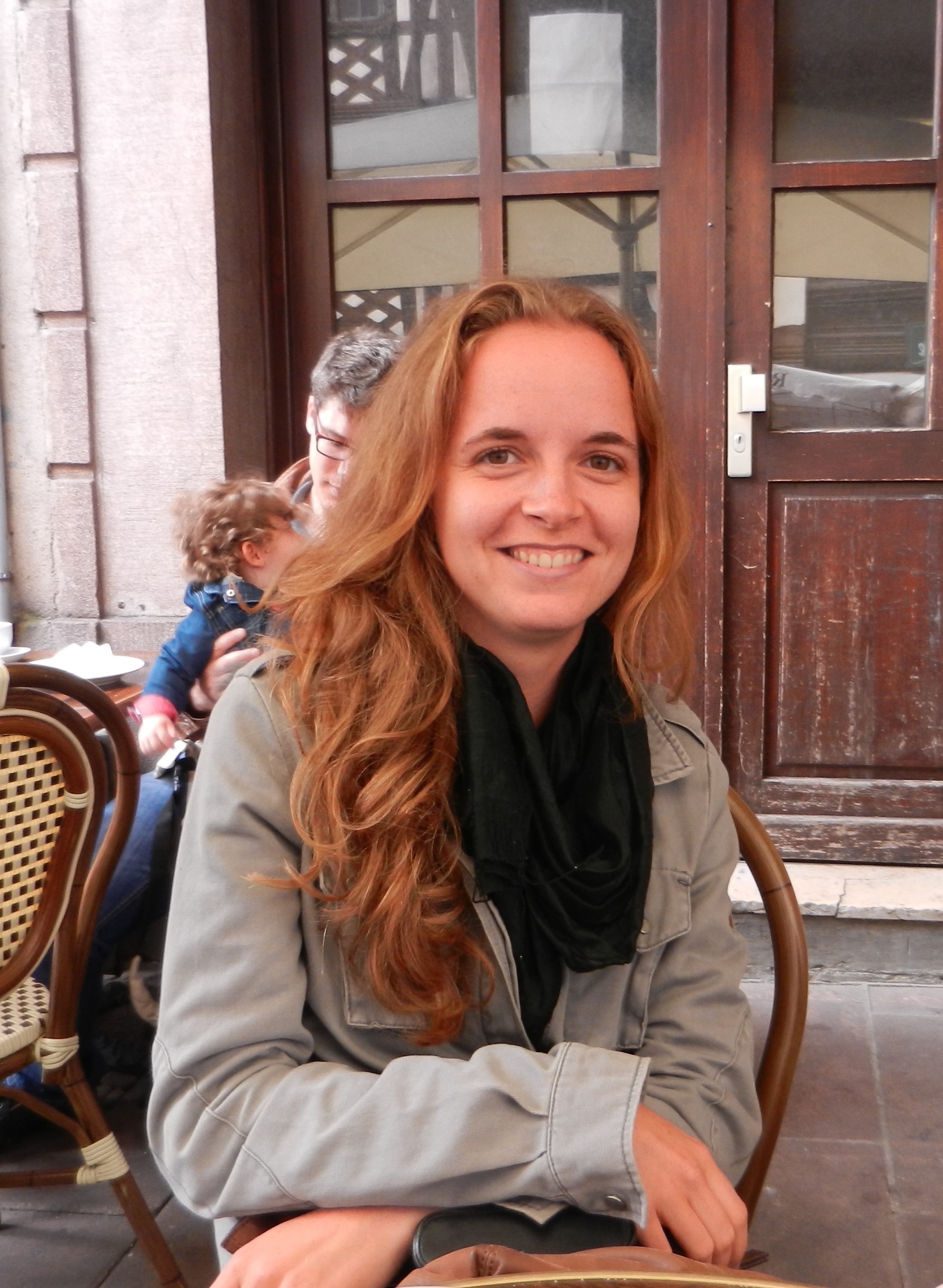
Senta Zeugin
- Doktorandin in Iberoromanischer Sprachwissenschaft (Prof. Dr. Johannes Kabatek) - Projekt: «Differential Object Marking in Romanian-Spanish Bilinguals. An experimental approach.»
Navigation auf uzh.ch

This project investigates Differential Object Marking (DOM) in Spanish and Romanian with a focus on Romanian-Spanish bilinguals in Madrid. DOM is a phenomenon found in many languages all over the world and in both Spanish (Veo a María vs. Veo la casa) and Romanian (O văd pe Maria vs. Văd casa). Still, the extension of DOM differs significantly in both languages, which makes it a very interesting focus point for a study of bilinguals. The central research question revolves around whether bi-directional influence can be found in the way the bilinguals process and produce DOM, i.e. is there Spanish influence when they use Romanian DOM and vice versa. Additionally, the impact of social factors such as age of acquisition or length of the stay in Spain are considered.
An important aspect of this investigation is the combination of complementary methods used for data collection. Primarily, experimental methods are employed to collect highly comparable data from the three groups of participants (bilingual group n=48, Spanish group n=32, Romanian group n=32). The experiments consisted of acceptability judgment tasks and semi-spontaneous production tasks, all of which the bilinguals completed in both languages. This was complemented by socio- and metalinguistic interviews conducted with each participant, in which aspects of language acquisition, proficiency and daily use were covered as well as their personal immigration experience and their involvement and identification with both cultures. This complementary approach allows to take into account the very diverse profiles of bilingual speakers when analysing the experimental data, and ultimately permits drawing a fuller picture of DOM in Spanish and Romanian in general and with Romanian-Spanish bilinguals in particular.
Profile: Having studied at the University of Zurich I graduated with a Masters in Comparative Romance Linguistics and Economics. Already during my studies, I was very interested in the diversity of Romance languages in general and in experimental or comparative approaches. Therefore, in my Masters’ thesis I investigated the six main Catalan varieties and possible influences of the Romance languages they are in contact with (i.e. Spanish, French, Italian and Sardinian). For my doctoral thesis I continued with the object under investigation (DOM), but changed the languages, focussing now on Spanish and Romanian and the contact situation found in Madrid. I had always been intrigued by the proximity and yet, for some features, very clear distance of Romanian to Spanish and the other Romance languages and, coming from a country where bilingualism is very nearly the norm, this was also a subject close to my heart. Therefore, the focus of my thesis allowed me to combine these two lines of investigation.
I’ve worked as an assistant at the chair of Ibero-Romance linguistics and in two SNF research projects. The first one focused on the study of DOM in several Spanish varieties and the second, in which my thesis is situated, was dedicated to experimental morphosyntax in Romance languages in general, concentrating on Portuguese and Rhaeto-Romance.